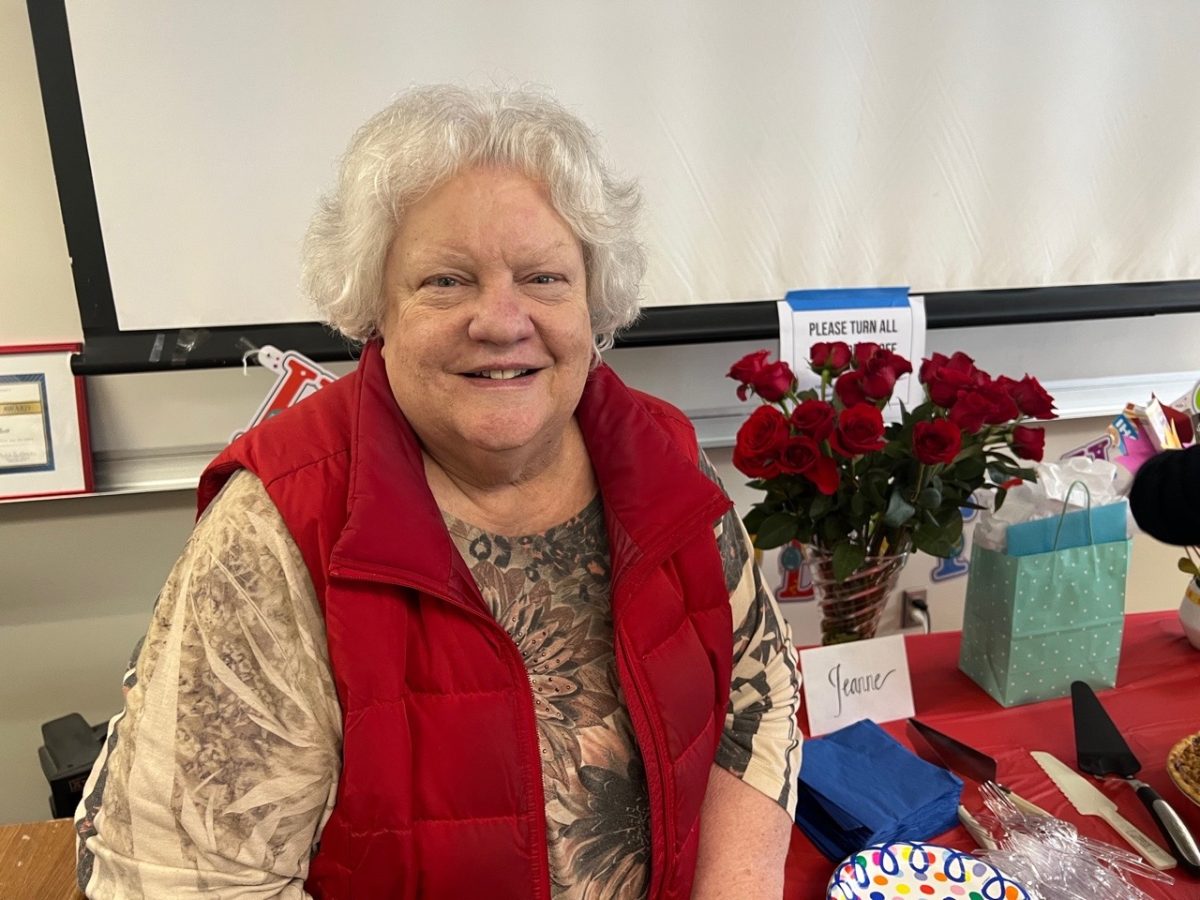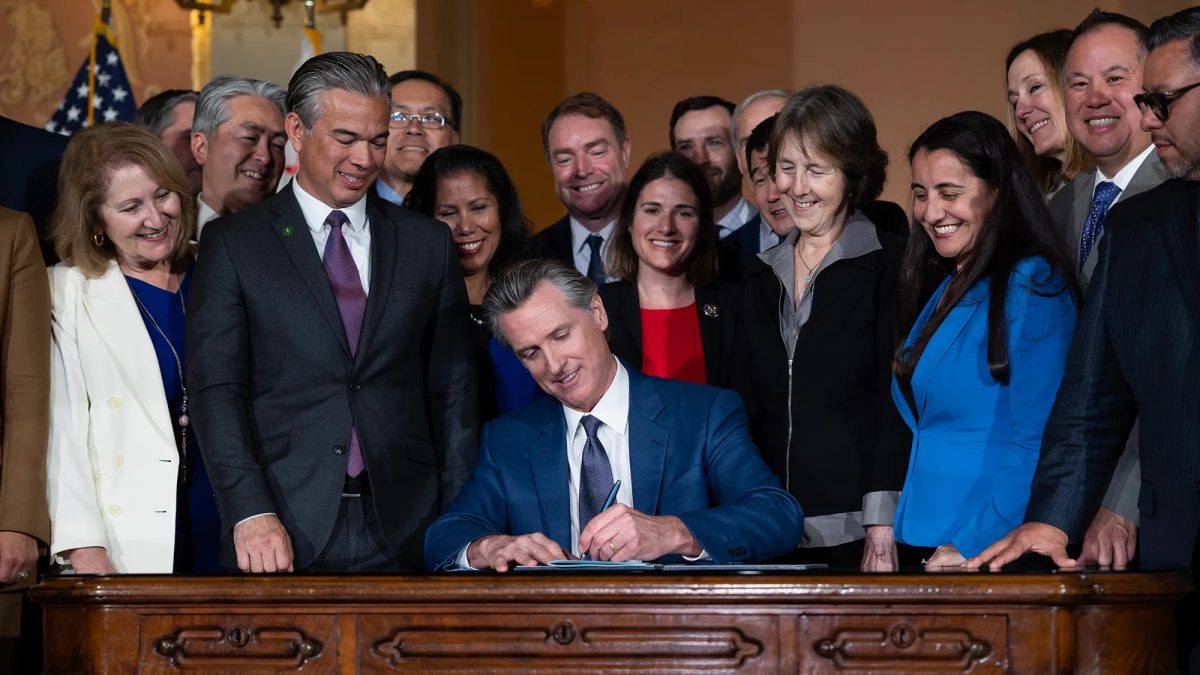Addressing the uncertainty regarding certificated staff availability next year to advise clubs amidst Reduction-in-Force (RIF) notices, the Inter-Club Council (ICC) permitted Oxford clubs to submit their returning organization documents without adviser signatures, extending time to find advisers to August.
Omitting the traditionally required adviser signatures, which confirmed that clubs had either a teacher or counselor willing to oversee club meetings and events, changes the typical returning club procedure that occurs at the end of each school year.
Assistant principal Dr. Cho, who manages Oxford’s club regulations, said returning and incoming club procedures will not change and that flexibility regarding advisers was a special courtesy in relation to the RIF notices this year.
“We want to start the school year with a complete list of clubs for the academic year. I understand that this year was difficult in securing a certificated staff/advisor’s signature. The number of clubs we have on campus sometimes exceeds the availability of certificated staff,” Dr. Cho said. “As of now, there are no updates [to club policies], but it’s noted that clubs shouldn’t have two co-presidents if executive board positions are vacant.”
The student ICC commissioner, who acts as a liaison between clubs and ASB, is also projected to split into two roles next year as a result of the role’s numerous duties, which include coordinating the annual Club Refresh, holding monthly meetings for all Oxford clubs to convene, and corresponding with school administration.
Unpredictability regarding staffing and employment next year forced many teachers to relinquish their current clubs, leaving students to seek new advisers last minute in order to keep their clubs active for the next school year. Many smaller clubs on campus struggled to find new advisers that would take on extra obligations. Larger campus organizations, such as Red Cross, found themselves unable to find willing staff as well.
“The threat of teachers being laid off has really put a strain on what Red Cross is going to look like next year, and I’m really worried for how we will be able to get our blood drives approved and signed without an adviser,” said junior Tiffany Le, vice president of Red Cross. “Without [the ICC amendment], I don’t think Red Cross could continue to make an impact on students and the overall local and national community next year.”
A decrease in club numbers and variety is expected for Oxford as many clubs choose to either dissolve or subsidize with other clubs under one entity if they cannot find an adviser. Although diversity in club topics may decline, Dr. Cho hopes this will encourage clubs to become more participatory within school and seek active membership.
“We aim for clubs to be purpose-driven, active, and thriving, while ensuring compliance with all relevant guidelines,” Dr. Cho said.





























































